
Peoples and Languages
Social Media
Leave comments, suggestions, keep an eye on news in our groups on VK, Odnoklassniki and Telegram channel
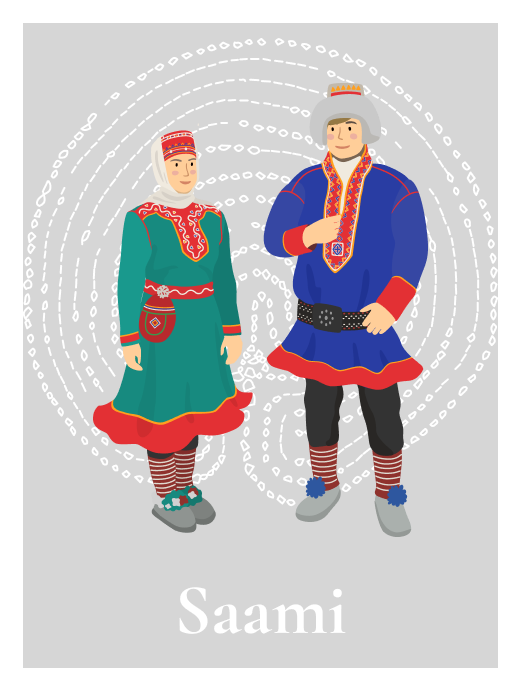
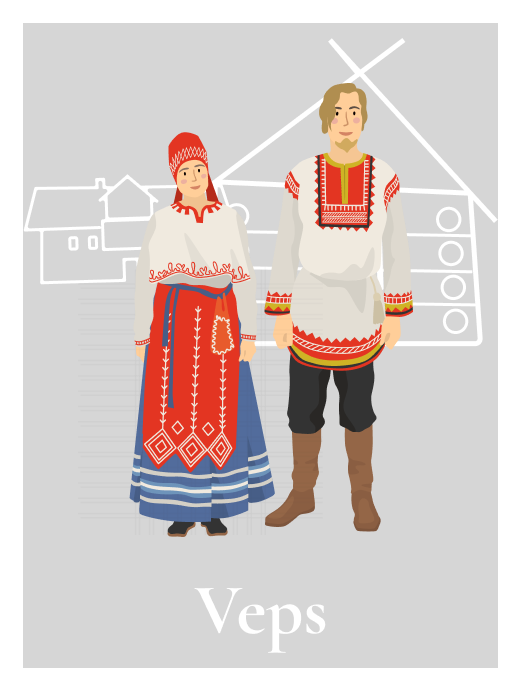
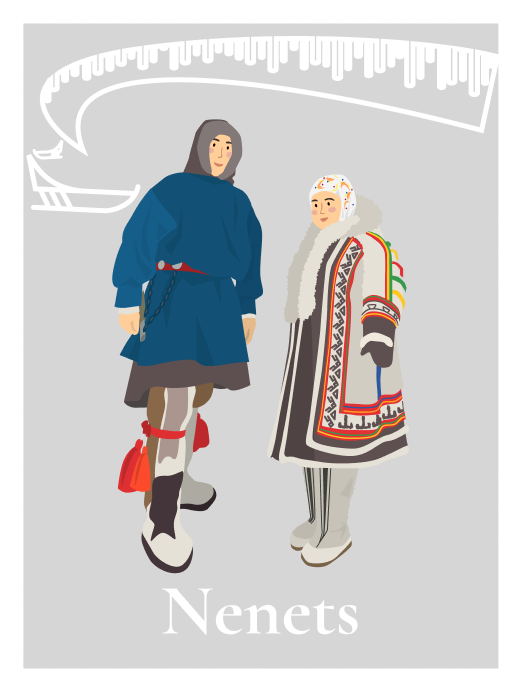
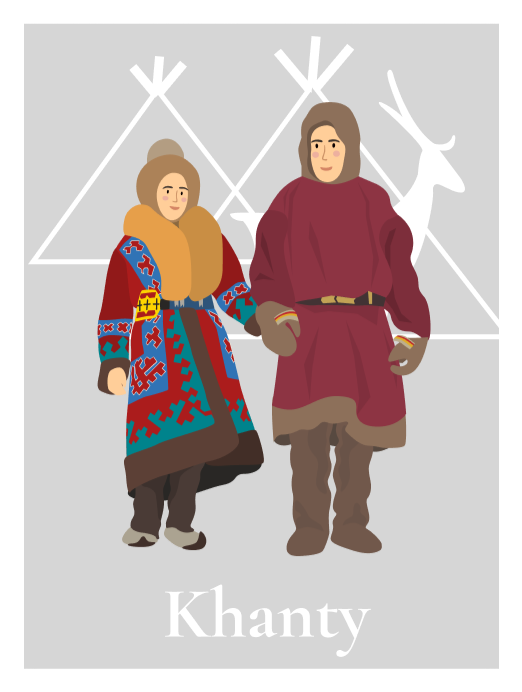
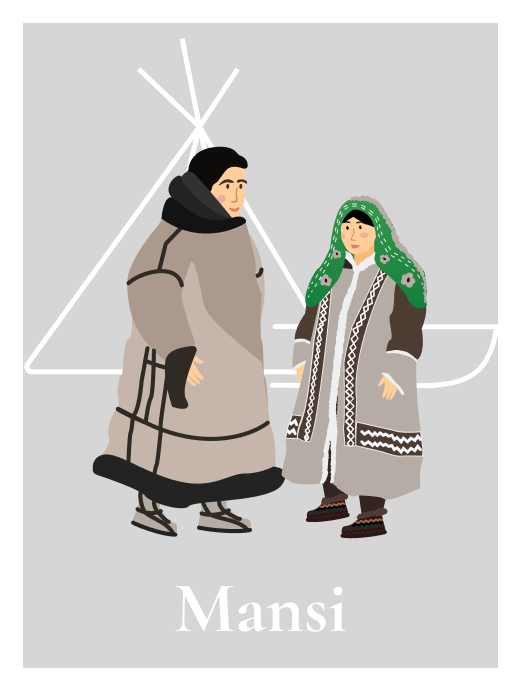
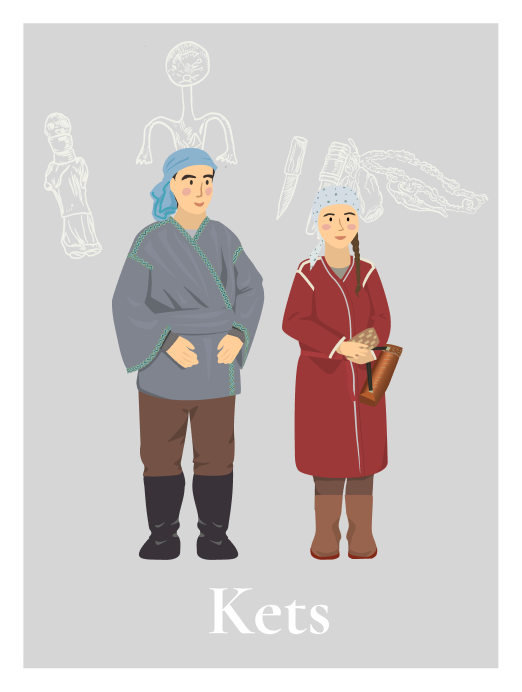
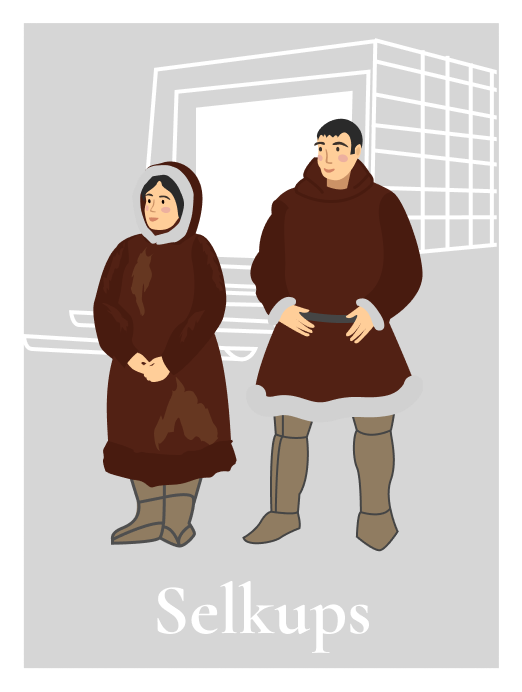
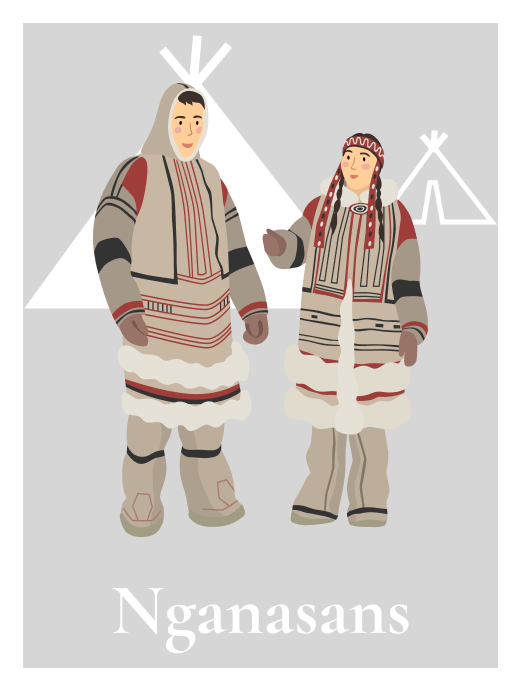
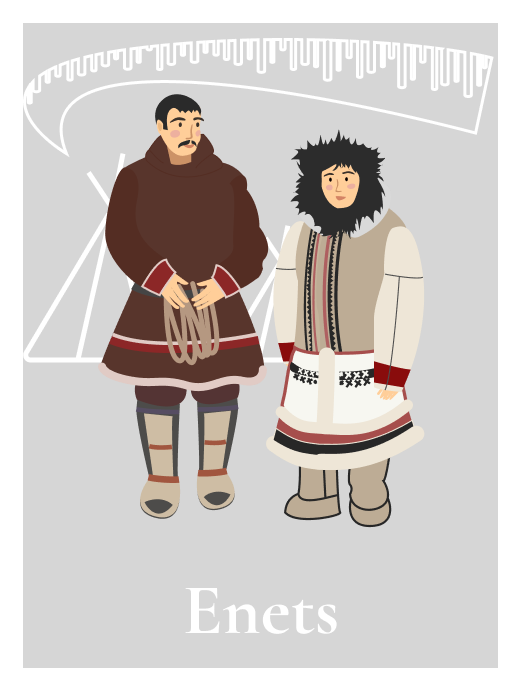
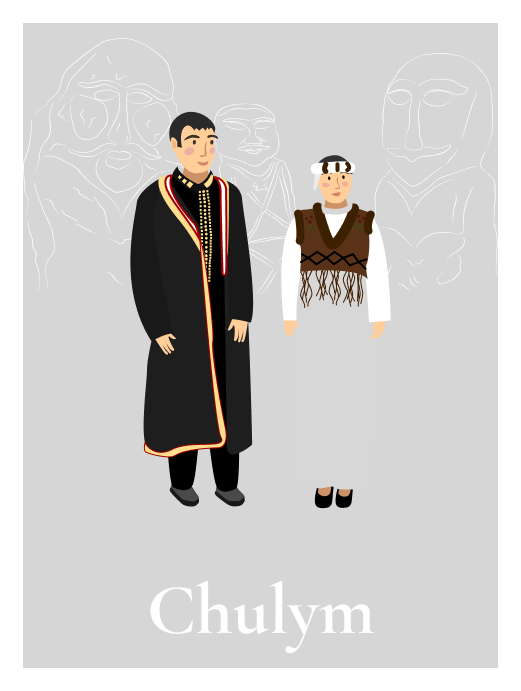
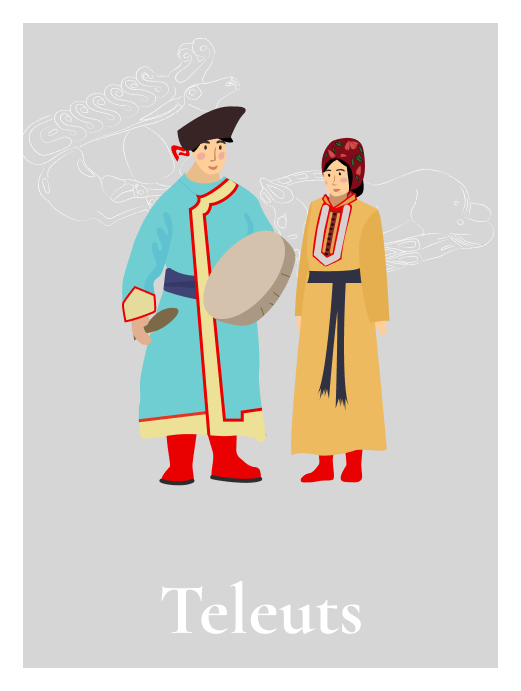
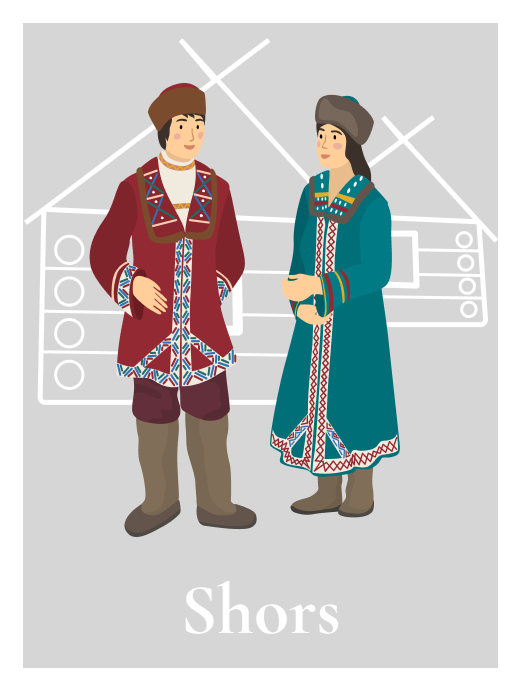
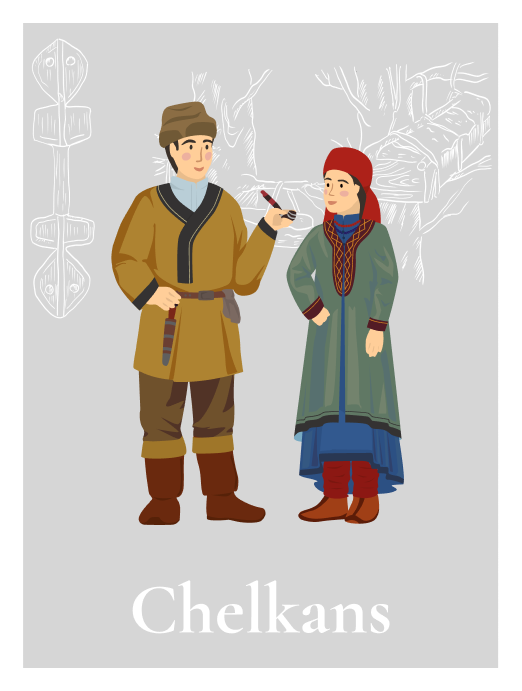
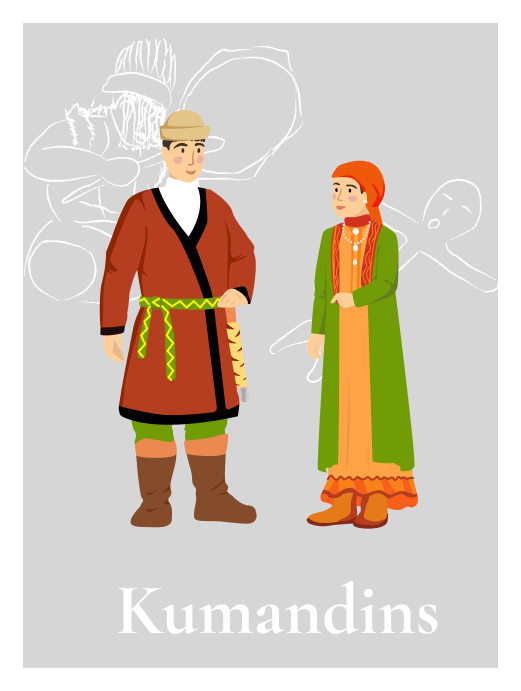
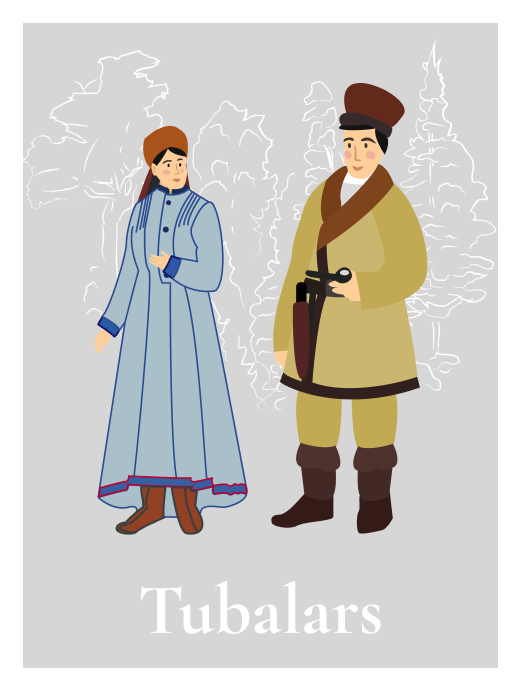
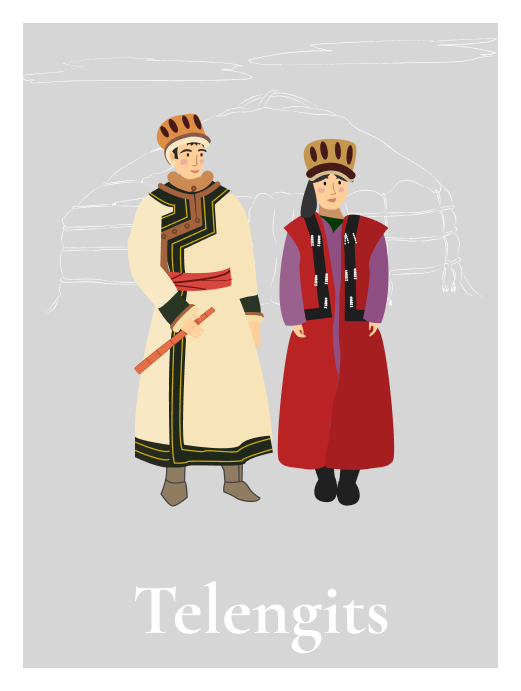
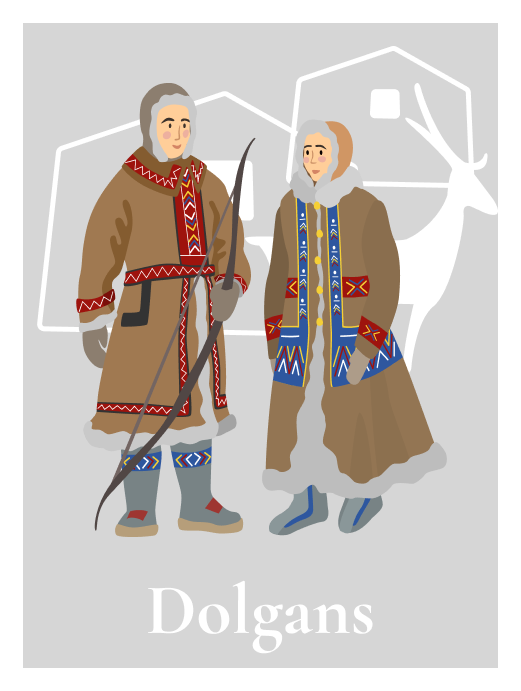
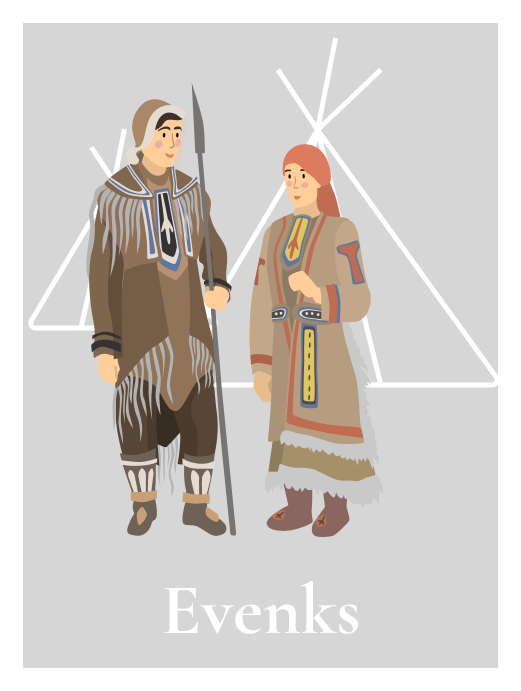
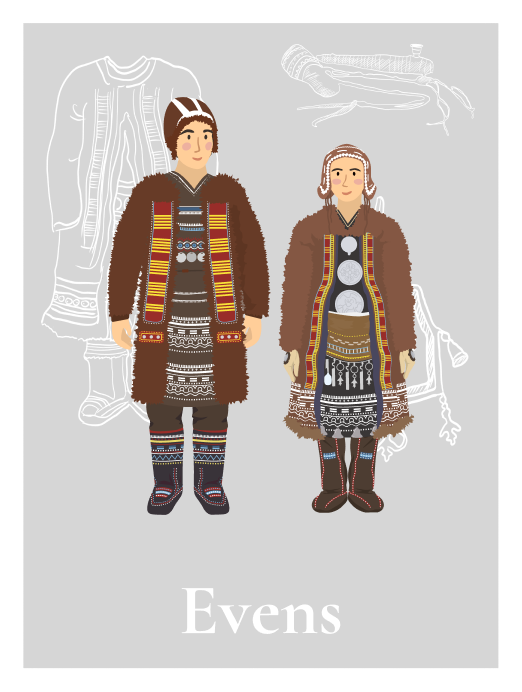
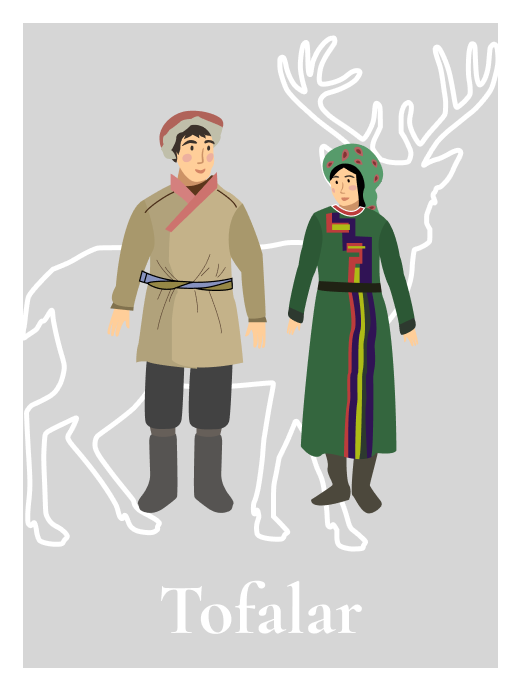
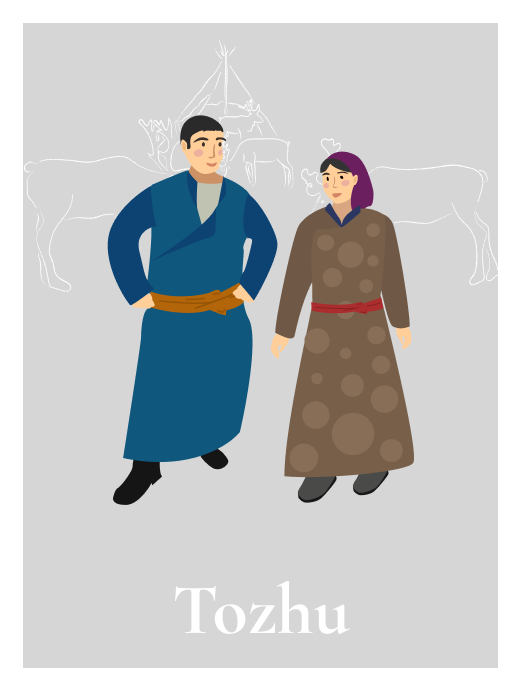
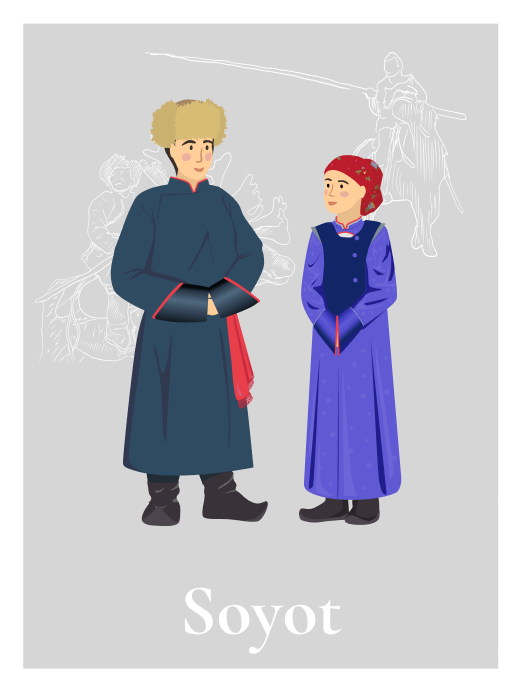
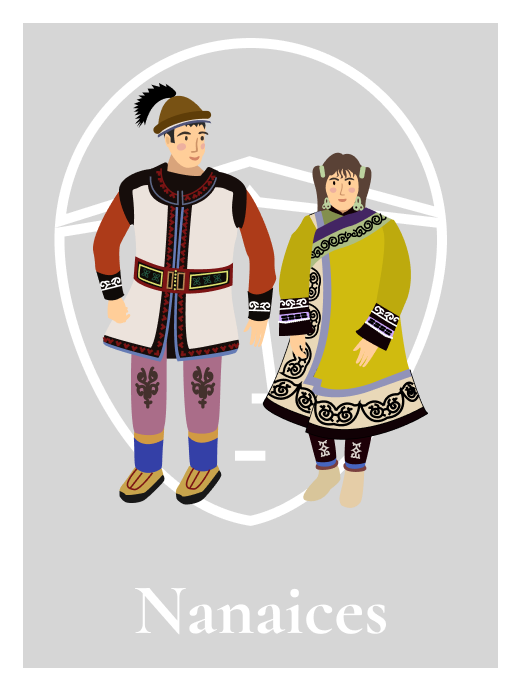
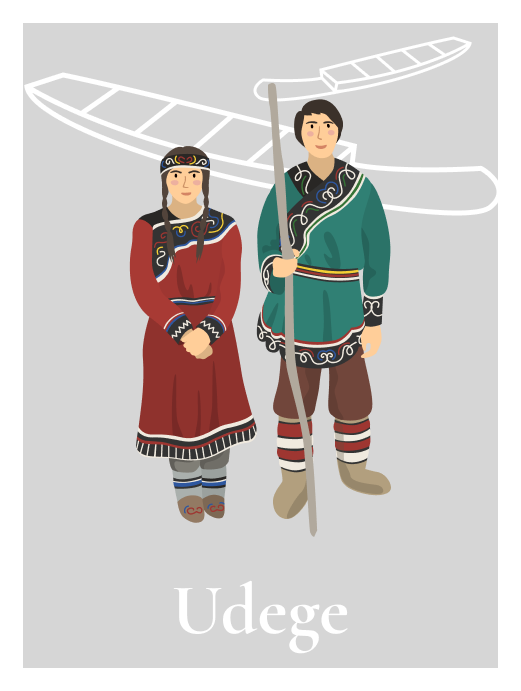
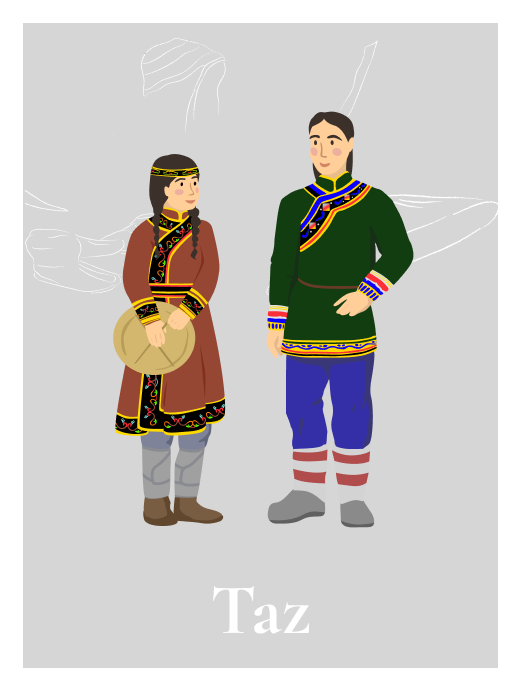
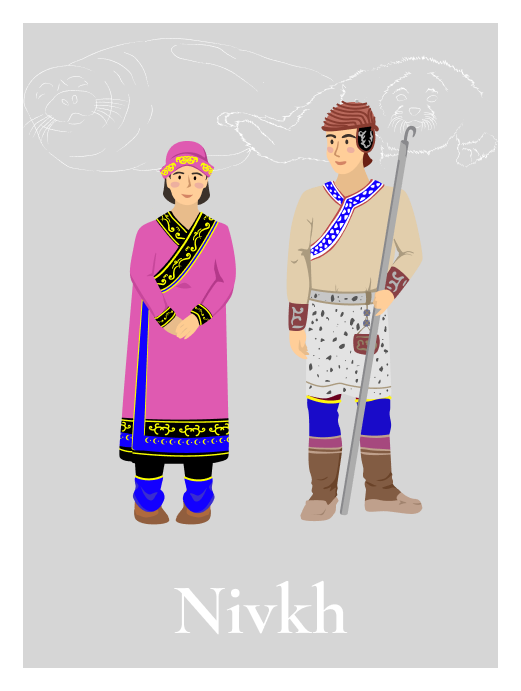
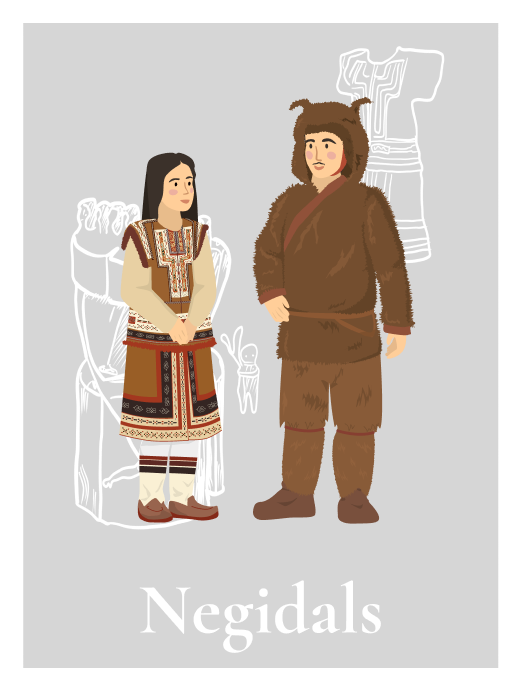
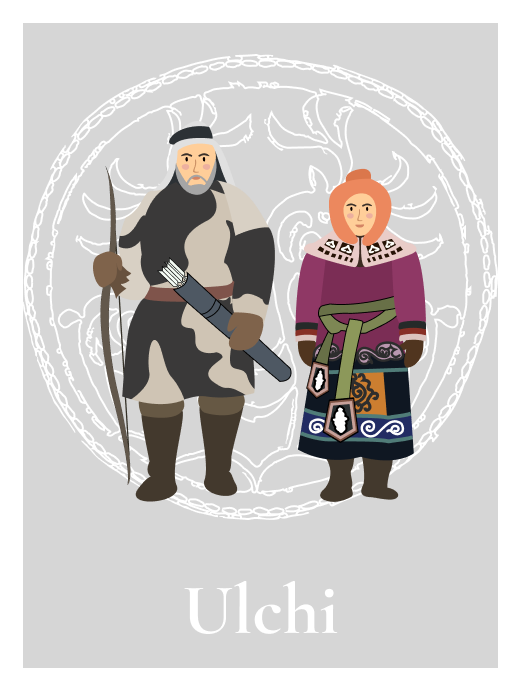
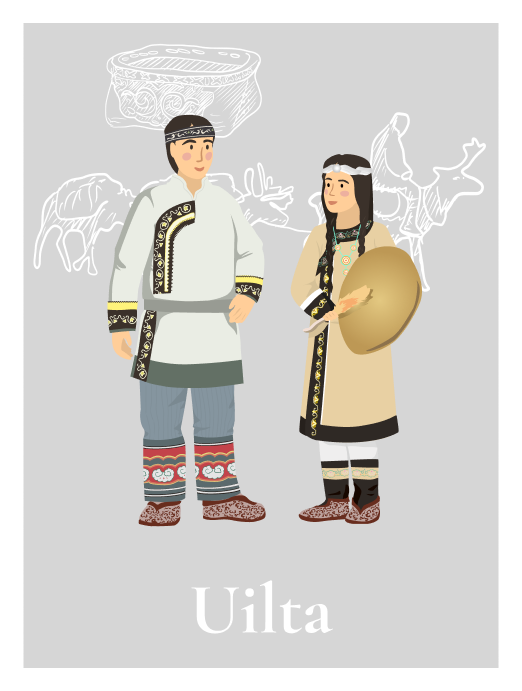
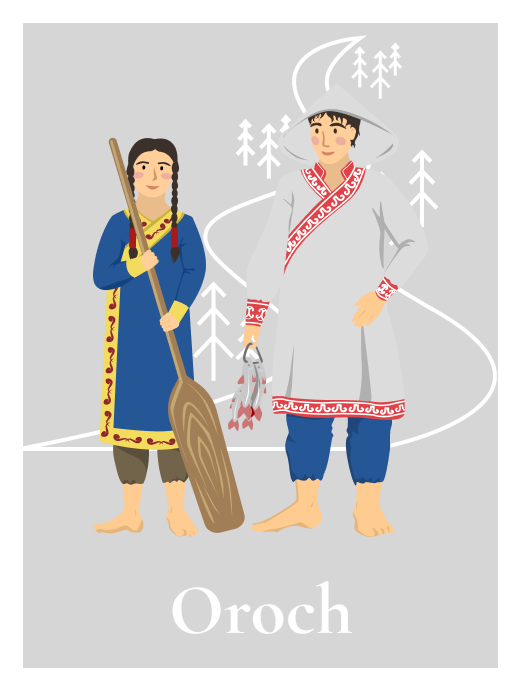
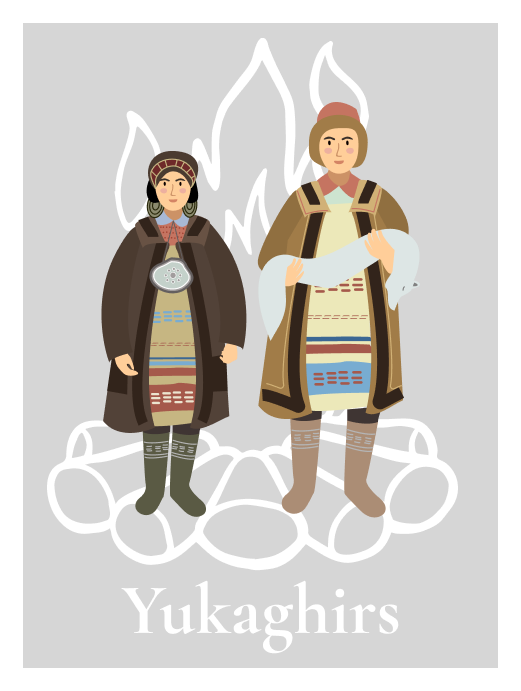
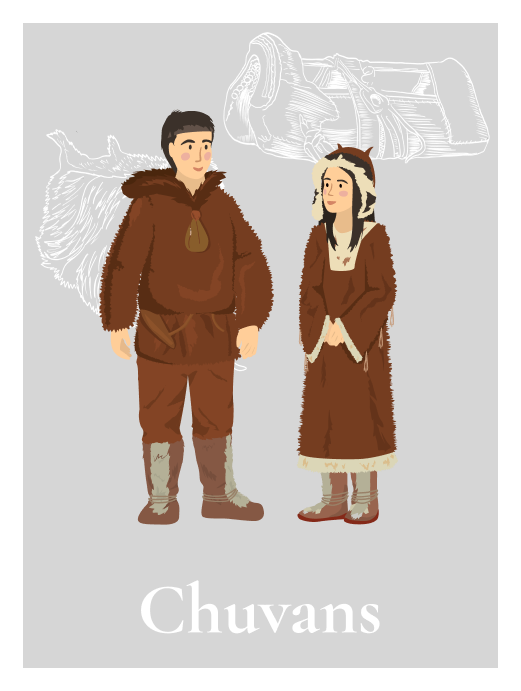
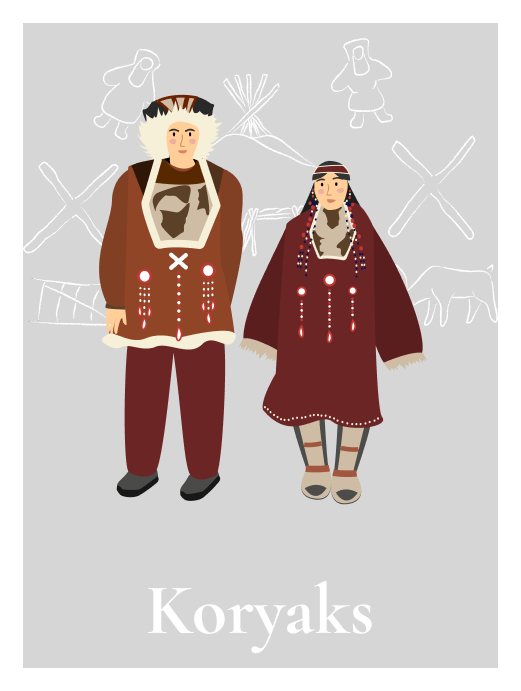
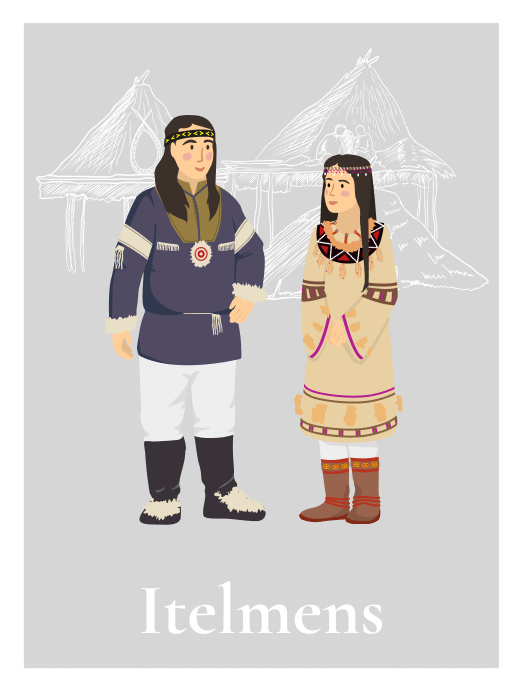
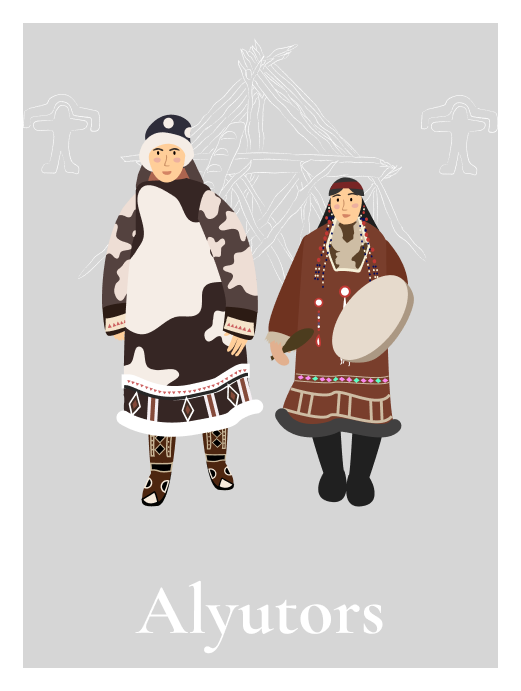
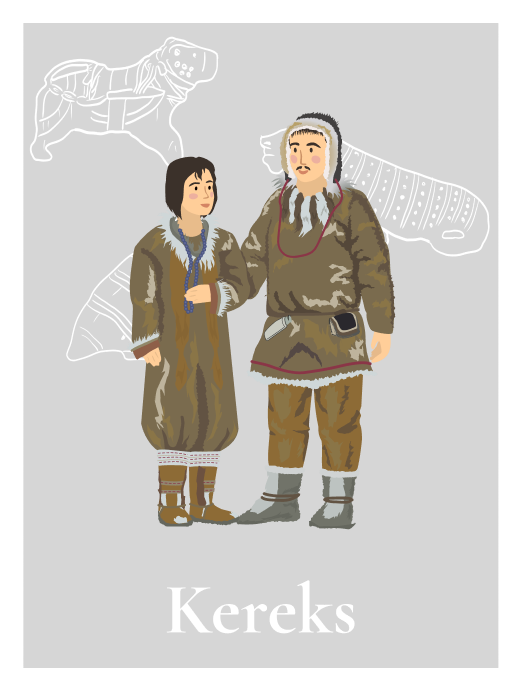
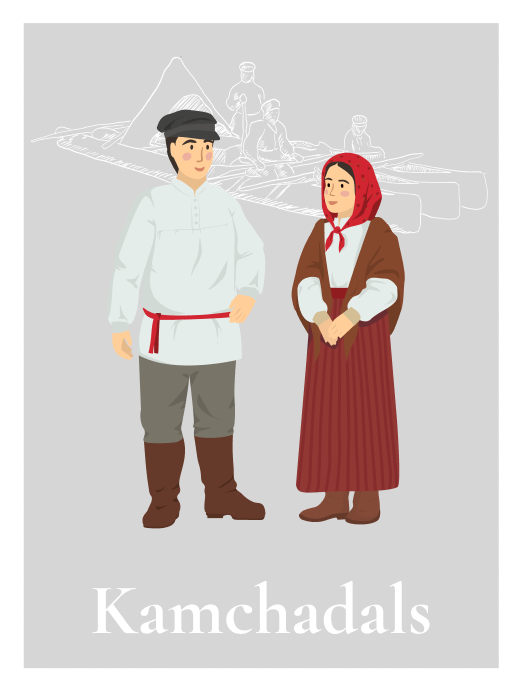
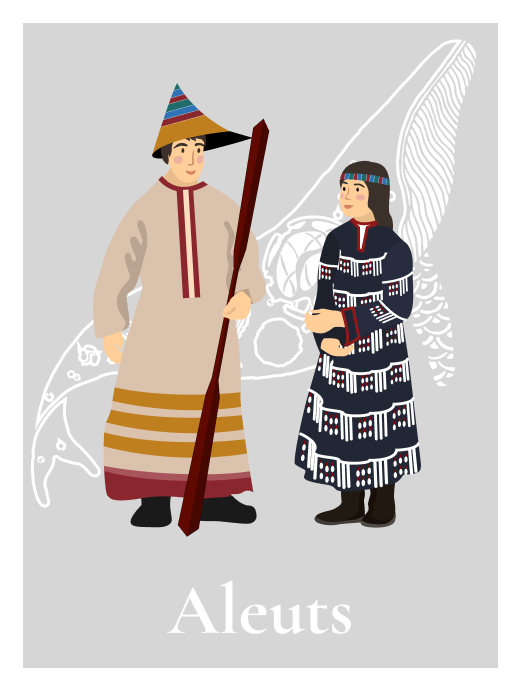
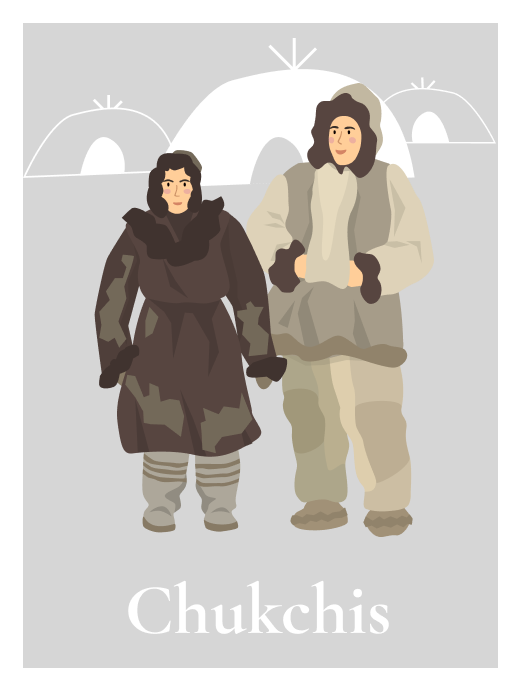
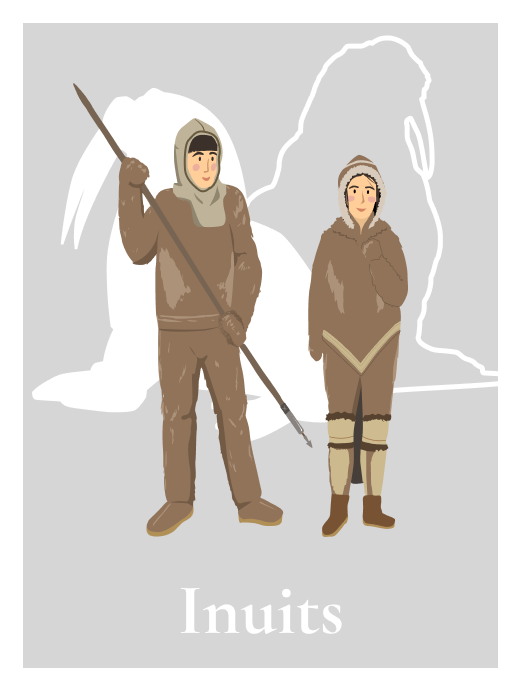
Autoethnonym (self-name) is tofa, tova. This word was mentioned by Julius von Stubendorf in 1854. Until then, the Tofalar had been called Karagas, after the name of one of the clans, Kara Khaash, this word having nothing to do with Kara Kas “black goose”. The name Tofalar was officially approved in 1934, as was the equivalence of the words tofalar and tofa. The Tofalar live in the native villages of Alygdzher, Nerkha and Verkhnyaya Gutara in the Nizhneudinsky district of the Irkutsk region. Among the neighboring ethnic groups, the following names are found for the Tofalar: the Todzha Tuvans call them Khaashtar, the Nizhneudinsk Buryats - Uryaankad, the Oka Buryats - Uryaankhad, Uygar, Uygar Khelten, Zugde.
In 2018, in places of ethnic residence, about 769 people (out of 1,201) called themselves Tofalar. In 2022, according to the local administration, there were 754 people in Tofalaria calling themselves Tofalar: in Alygdzher there were 295, in Nerkha 170, in Verkhnyaya Gutara 289. The total number of the Tofalar before 1959 is difficult to determine. According to Julius von Stubendorf, in 1851 there were 543 Tofalar. The census data (see Table 1) show a slight increase in the number of the Tofalar, while the number of native speakers has been steadily decreasing. In 1989, 309 people recognized Tofalar as their native language, in 2002, it was 378, and in 2010 - 32, although 93 citizens of the Russian Federation indicated their knowledge of the Tofalar language, of which 87 were Tofalar.
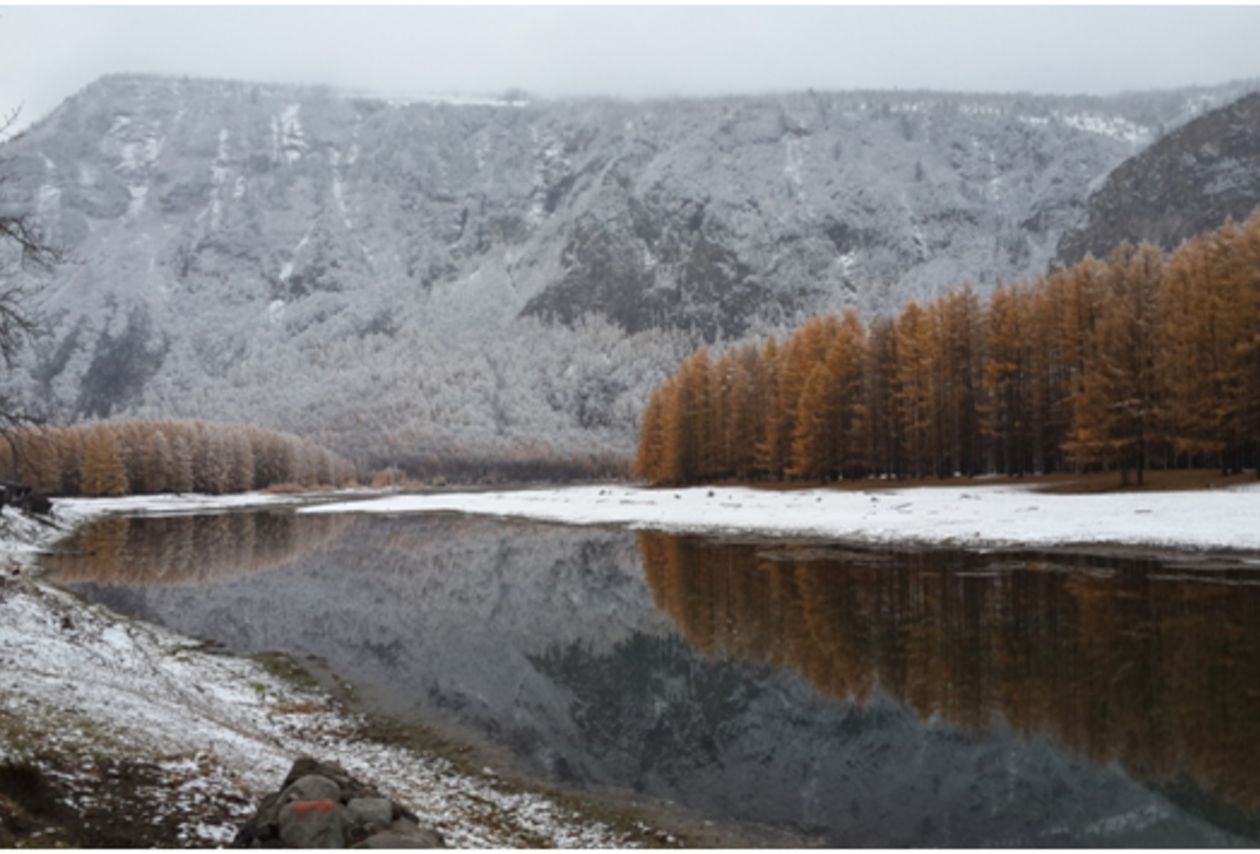
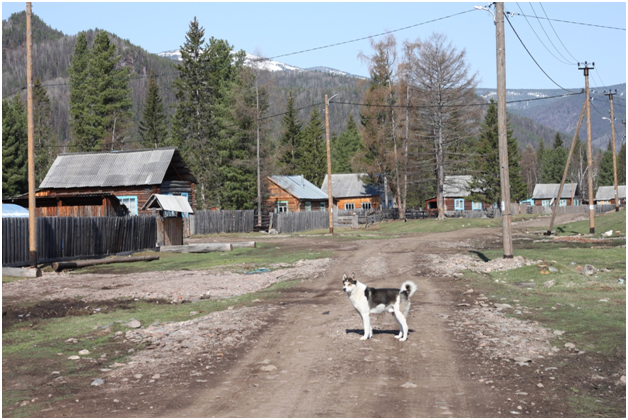
The Tofalar language is currently defined as “disappearing” (1B). The intergenerational transmission of the language has been disrupted throughout the entire area; communication between the most competent speakers and language infrastructure are absent. All of the Tofalar speak Russian fluently. According to the census of 1989, 95% of the Tofalar spoke Russian; in 2010, 95% of the Tofalar spoke Russian as their native language. In addition to the Tofalar and Russian languages, in 2010 several Tofalar indicated their knowledge of English, German, French, Ukrainian, as well as Alyutor, Armenian, Tuvan and Yakut (one person each for the last four).